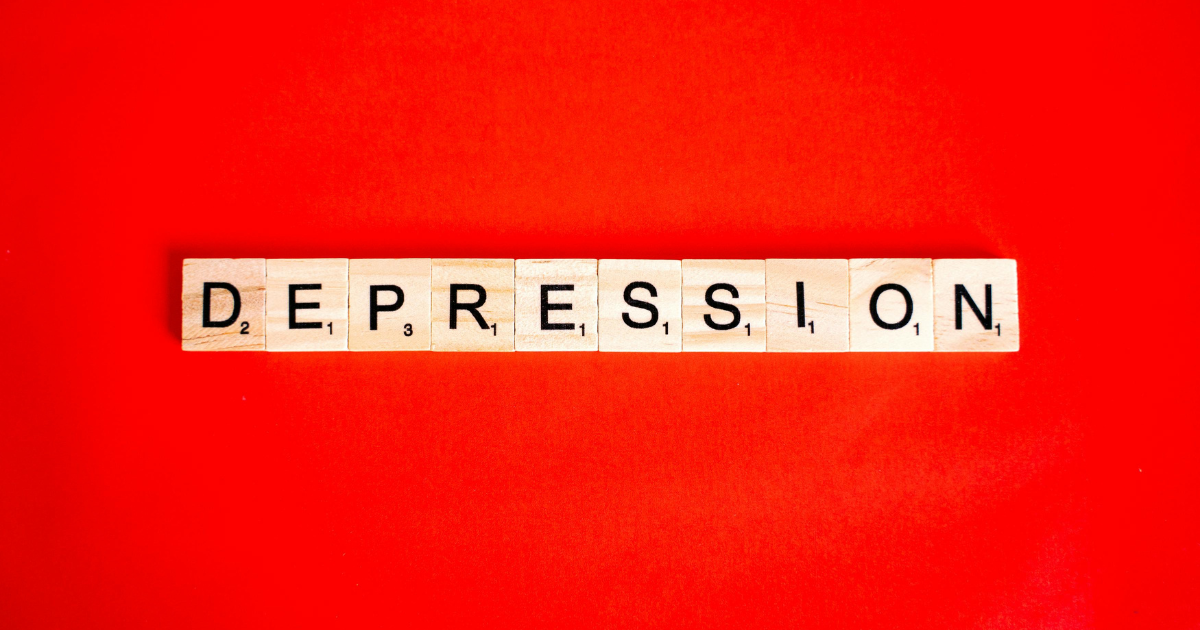What do you do when your spouse is depressed? If you have a spouse who is going through depression, knowing what to do to help your loved one can save your marriage. Understanding how to deal with a depressed spouse is the first step of many to get your life of your partner and yours back on track, safely.
Depression is profound and unsettling to marriages, and therefore, the terrain of a spouse and their depression is worth navigating carefully. Knowing what to do when your spouse is depressed and pulling away from you is paramount to saving your marriage and your happiness together.
Understanding What Depression Looks Like in a Partner
Common Emotional and Behavioral Signs
When your lifelong marital partner shows signs of depression at first, it can be subtle. Being prepared to look for those signs and knowing what to do with your significant other can make all the difference between a happy marriage and one that may end in separation or divorce. It can also prepare you on how to cope with a depressed spouse. One of the scariest possible scenarios for a husband and wife is dealing with a depressed spouse.
The following bullet point list shows some of the common emotional and behavioral signs to look out for:
- Reduced intimacy
- Insomnia – sleep patterns are regularly disrupted
- Your spouse stops communicating effectively with you
- Loss of interest in seeing friends and family
- Difficulty keeping up with tasks – cannot seem to finish tasks regularly
- Appetite and weight changes
Differences in How Depression Manifests in Men and Women
When your spouse is depressed, it manifests differently in men versus women, typically. To deal with a depressed husband, you will need to know some of the specific behaviors and symptoms of men, specifically when they are depressed. Men are more easily angered and show it when they are depressed. In addition, men will tend not to let their emotions show, but will withdraw into work or projects more. They may go out more to mitigate their irritable attitude or try to hide their emotional state from you. They will also engage in more risky behaviors, such as cheating on their spouse with another woman, to get away from their feelings of being weak and undesirable.
To deal with a depressed wife, you will need to have understanding, patience, and be able to provide her encouragement during this rough time she is going through. Emotional support will be easy to provide if you have understanding and patience with her. In addition, it will be easier if you have a little more understanding of her needs by understanding the following bullet points:
- Listen without judgment
- Validate her feelings
- Offering her practical help
- Encourage self-care
- Remind her of her strength and positive qualities
- Be patient and understanding
Lonestar Mental Health
Why Your Spouse Might Be Pulling Away
Several factors can make a spouse pull away from you while they are depressed. A lack of energy and feeling trapped can make your spouse feel like they are not loved anymore. In depression, a spouse can misinterpret their feelings from you toward themselves as a lack of love and compassion. Negative thoughts can produce negative consequences when depression affects their thinking. These are all potential reasons why a depressed spouse can start pulling away from you. The language being used and the way couples talk to one another are other reasons why a spouse will lose their taste or flair for the relationship.
The Emotional Toll on the Supporting Partner
You will want to be prepared and cautious when supporting your partner by doing it properly. When your spouse is depressed, you can become emotionally taxed, giving a lot of yourself to a partner who is depressed. You are already likely to feel strained, having to deal with the emotions of a depressed spouse, and you can become depressed yourself as you feel increased pressure and stress from the emotional aspect of the caring you are expected to perform.
As the more stable one, it is up to you to reach out to friends, family, and even professionals for support while you prioritize your well-being to be strong for your spouse. You may find it difficult to balance your needs with the additional needs of your spouse. Seeking assistance and support is likely to help in the long run.
How to Cope With a Depressed Spouse Without Losing Yourself
There can be multiple issues at play in the relationship between yourself and your spouse, and it is important to remember not to blame yourself for the emotions that are coming from your significant other if they are truly depressed. Practicing self-care by getting enough sleep and exercise is one way to keep yourself from falling into the same pool as your spouse. Also, eating better may play an important role in becoming a role model for your spouse, who may follow your lead in becoming a healthier, happier person.
The idea is to keep yourself balanced in your own life without succumbing to the imbalance of being depressed with your spouse, as emotions and tension can become high in a relationship with a depressed spouse. Researching other ways to keep yourself from losing the battle against depression can keep you abreast of the issues your spouse might be facing, while educating you on how to mitigate some of the feelings and behaviors they may be harboring.

Lonestar Mental Health
Encouraging Your Spouse to Seek Help – Without Pressure
When you approach your spouse about therapy, there are several ways to accomplish this without your significant other blowing up at you. You want to approach your spouse from a place of love, compassion, and understanding. It is not what you say to them so much as how you say it.
Never come from a place where the needs of your relationship are more important than your spouse’s needs. You can approach them with care, choosing the right place and the right time to openly discuss the topic. Choosing your words carefully, as well as the timing of your approach, can make all the difference in the way your spouse opens up to you. You should never use language that sounds controlling or like an ultimatum.
When to Consider Couples Counseling or Therapy
The following table shows when couples who are dealing with a depressed spouse, both partners are conflicted with depression, when to seek therapy, and the reasons why:
| You’re having frequent arguments | Knowing when to seek couples counseling means that you can address the sources of conflict within the relationship. If you’re having frequent arguments, this is a good indication that a therapist can help you communicate better with one another. |
| Effective communication has completely broken down | Poor communication leads to misunderstandings, emotional distance, and resentment from both partners. Therapists and counselors can help you understand the reasons for the breakdown of communication between both parties. |
| There are trust issues between both spouses | The potential for cheating is apparent as there is constant interrogation, and there is a lack of emotional closeness. The longer it goes on without therapy, the higher the potential and the more difficult it is to bring the relationship back together again. |
| There is a loss of physical intimacy | Lack of physical intimacy fosters frustration, loneliness, tension, and a sense of mistrust. The value of the relationship is therefore distinctly diminished, and you or your spouse may no longer wish to be a part of it. |
| One or both of you want a separation or a divorce | Therapists can help you navigate the terrain of separation thoughts and foster a positive communication environment to help yourself and your partner understand the underlying reasons why. |
Concerned About Your Partner’s Mental Health? Lonestar Mental Health Is Here
At Lonestar Mental Health, we can help you understand and manage your anxiety. We are a patient-centered practice tailored for your comfort and peace of mind. We offer expert, personalized care tailored to your needs in a peaceful environment with comprehensive care in mind, made up of a team of experts. You can contact us at any time, and we will respond to you promptly as our team is online 24/7.

Lonestar Mental Health
FAQs
How do I support my depressed spouse?
By creating a safe and supportive environment for them to openly discuss with you the issues that are affecting your relationship and your spouse’s mental well-being.
What should I avoid saying to a depressed spouse?
Never minimize or blame your spouse for their feelings. Never use a negative attitude or tone with your spouse.
How can I encourage my partner to seek help?
Approach the conversation using empathy and support, showing that you understand their feelings.
Can marriage counseling help with depression?
Marriage counseling can help you understand the underlying issues that may be the root or the cause of the depression in a relationship, yes.
What are the signs of severe depression in a spouse?
Behavioral and emotional changes that manifest into a physical change of the person’s appearance, motivation, and speech patterns.







